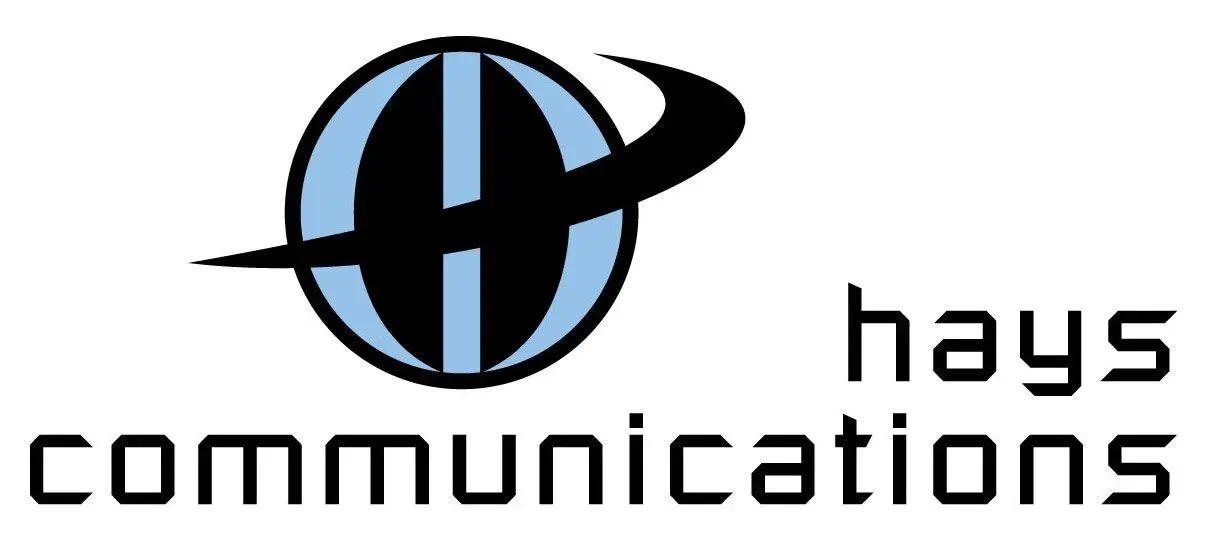How to Ensure Your VoIP System Is Compliant with Industry Standards

Voice over Internet Protocol (VoIP) has become the backbone of modern communication, offering cost savings and flexibility that traditional phone systems simply can’t match. However, with these advantages come crucial responsibilities — especially around compliance and security. If your organization depends on business telecommunication in Lubbock Texas, working with an experienced provider like Hays Communications ensures your system meets industry standards and regulatory requirements.
In this article, you’ll learn what compliance means for VoIP, the key regulations that apply to most businesses, and how to keep your system secure and legally sound with the right business IT solutions.
Understanding VoIP Compliance Basics
VoIP compliance is more than just a technical requirement — it’s a trust factor. When you use internet-based calling for your business, you handle sensitive data such as client information, call recordings, and payment details. Compliance ensures this data is properly encrypted, stored, and protected against breaches.
Here are some of the main regulatory areas affecting VoIP:
- FCC and CPNI Rules – The Federal Communications Commission regulates telecommunications to ensure consumer privacy. Customer Proprietary Network Information (CPNI) rules prevent unauthorized data sharing.
- E911 Compliance – VoIP systems must support Enhanced 911 services, which provide caller location data to emergency responders.
- GDPR and HIPAA – For companies handling European or medical data, these regulations govern how personal information must be managed and secured.
- PCI DSS – If your business processes credit card transactions over VoIP, compliance with Payment Card Industry standards is mandatory.
Understanding which rules apply to your organization depends on the type of data you manage and your industry sector.
Best Practices to Keep Your VoIP System Compliant
Achieving compliance isn’t just a one-time setup — it’s an ongoing process that requires consistent oversight. Follow these best practices to stay ahead:
- Encrypt all communications.
Use end-to-end encryption for both voice and data to ensure that sensitive information cannot be intercepted. - Regularly update firmware and software.
Outdated systems are one of the most common entry points for hackers. Set up automatic updates whenever possible. - Audit call logs and access controls.
Review user permissions periodically and maintain secure logs for all call activities to track any irregularities. - Train employees on VoIP security.
Even the most advanced systems can fail if users don’t follow security protocols. Regular staff training reduces human error. - Partner with a compliant service provider.
Work with vendors who understand your industry’s compliance requirements and can provide certifications for their systems.
Common Compliance Mistakes to Avoid
Many companies assume their VoIP provider handles everything — a dangerous misconception. While providers play a huge role, internal practices matter just as much. Here are some pitfalls to watch out for:
- Ignoring local and federal regulations when expanding operations across states or countries.
- Failing to back up call recordings or data in secure, compliant formats.
- Using public Wi-Fi or unsecured networks for remote VoIP calls.
- Overlooking encryption on mobile VoIP apps used by employees.
A proactive approach to compliance means regularly reviewing both your system setup and internal policies.
Case Study: Compliance Saved a Business from Costly Downtime
A small healthcare office in Texas switched to VoIP to streamline communications but neglected HIPAA compliance during setup. A routine audit revealed unencrypted patient calls and improper data storage. Partnering with a compliance-focused telecom provider helped them reconfigure their VoIP system, implement encryption, and pass their next audit with zero issues. This not only protected them from fines but also restored trust with patients.
Final Thoughts
Ensuring VoIP compliance isn’t just about avoiding penalties — it’s about protecting your customers, your reputation, and your long-term business stability. By following best practices, training staff, and partnering with trusted experts, your communication system can be both efficient and compliant.
If you’re unsure where your system stands, schedule a compliance review today with a local telecom provider that specializes in secure, standards-based VoIP solutions.






